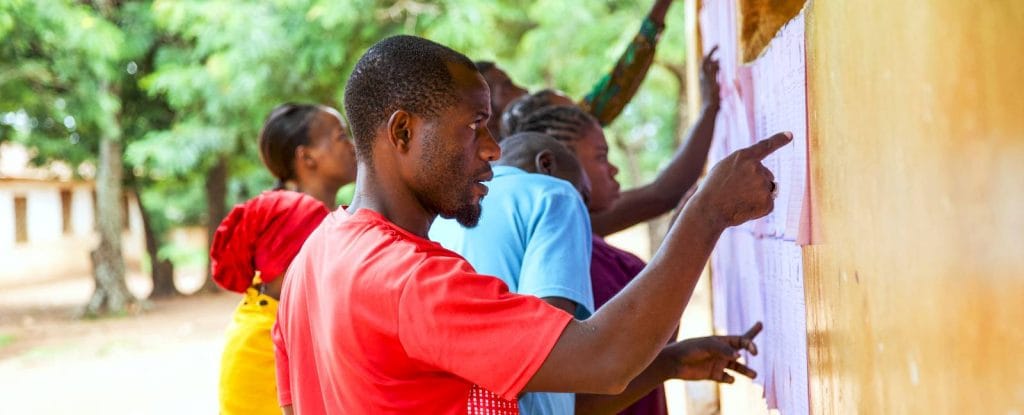As Malawians prepare to head to the polls on Tuesday, long lines at petrol stations may prove just as decisive as the lines at voting centers.
Chronic fuel shortages, inflation above 30%, and rising food costs have fueled frustration across the country. For many citizens, the struggle to buy fuel, food, and basic necessities has overshadowed campaign promises. In some cases, fights have broken out in queues, highlighting the growing tension.
A Familiar Contest
The presidential race is widely seen as a repeat showdown between incumbent President Lazarus Chakwera, 70, and former President Peter Mutharika, 85. Although 15 other candidates are contesting, most analysts view the vote as a two-horse race.
Chakwera, elected in 2020 after Malawi’s courts annulled the previous election, has faced criticism for failing to stabilize the economy. His promises to lower fertilizer costs and create jobs have collided with global price shocks, drought, and Cyclone Freddy’s devastation. Mutharika, meanwhile, is campaigning on the claim that life was better under his leadership, drawing support from rural farmers who say rising fertilizer prices have crippled their livelihoods.
Youth at the Crossroads
Nearly half of registered voters are under 35, yet the two leading candidates are decades older. Many young Malawians express disillusionment, saying repeated elections have brought little change. “We’ve been voting and voting but things haven’t gotten better,” said Ashley Phiri, a 35-year-old Lilongwe resident. Still, some hope that new leadership could bring meaningful reforms.
Campaigns Under Strain
This year’s campaigns have been less colorful than in the past. Free T-shirts, billboards, and rallies have been scaled back, reflecting tight finances and voter fatigue. In villages along the Bakili Muluzi highway, Mutharika’s supporters waved signs urging a return to “State House,” while in government strongholds, Chakwera’s team promoted his pledge of future savings accounts for newborns.
Former president Joyce Banda, Vice President Michael Usi, and other contenders have also put forward reformist agendas, but the spotlight remains on Chakwera and Mutharika.
High Stakes Ahead
Malawi’s election comes at a time when African incumbents are increasingly vulnerable to public anger over economic hardship. For many Malawians, the vote is not just about leadership but about whether the country’s institutions—courts, electoral commission, and security forces—can once again manage a credible, peaceful transition.
Whether voters queue for fuel or for ballots, the outcome will determine if Malawi can turn frustration into renewal—or if disillusionment deepens further.



